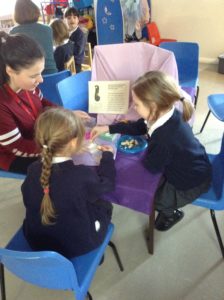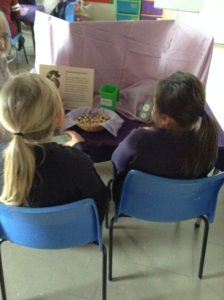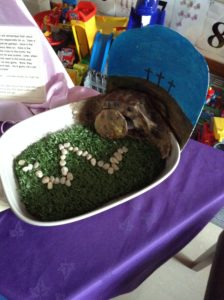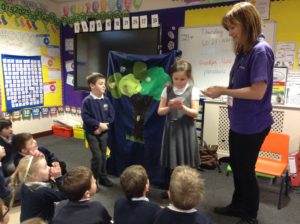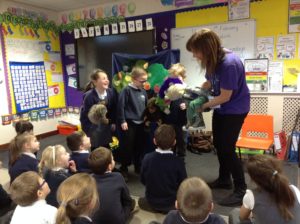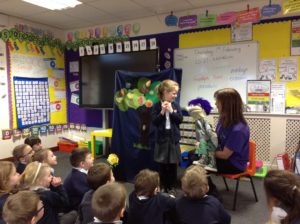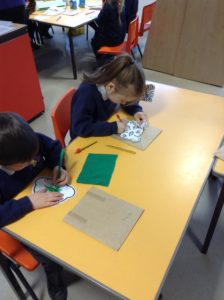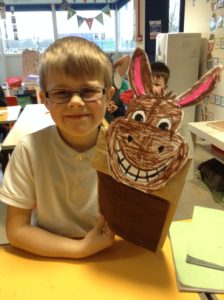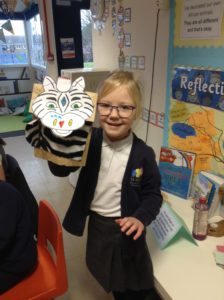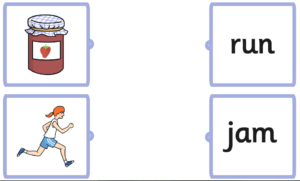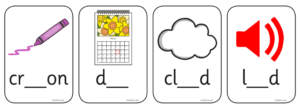At St James’ CE Primary School, we learn about Christian values that help us to become well-rounded citizens in society. These values have been chosen by our Church Council, a group of pupils who advise us on aspects of our provision. The values are woven into our everyday school life. Each half term, we have a new Christian value that will be embedded into our collective worship and our reflection areas.
This half term, our Christian Value is perseverance.
‘Let us not become weary in doing good, for at the proper time we will reap a harvest if we do not give up.’ (Galatians 6:9)
The Church Council chose this because ‘Jesus always said to try our best’ (Y4 Church Council member).
Endurance is needed when standing firm in the face of any difficulty. It is the special gift that we have when life is difficult or painful that helps us not to give up. Difficulties might include hardship, persecution or scorn, although we hope these difficulties do not arise in our school. We use it more in the context of ‘keeping going’ and ‘not giving up’.
Help at home! Talk about perseverance together…
- How can we show perseverance in school?
- How can we show perseverance in home, or in other situations?
- Who do you know that shows lots of perseverance?
- What does perseverance look like to you?
- Tell me about a time when you showed perseverance.
